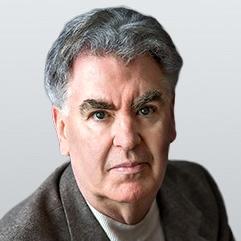Commentary
In the midst of our national panic over the CCP virus, with a pair of doctors essentially running the country via daily press briefings from the West Wing, and the media sniping at President Donald Trump’s every word and deed, it might be wise to step back and see how another commander in chief handled the relationship between the press and the White House during the greatest crisis this country has faced: the U.S. Civil War.





